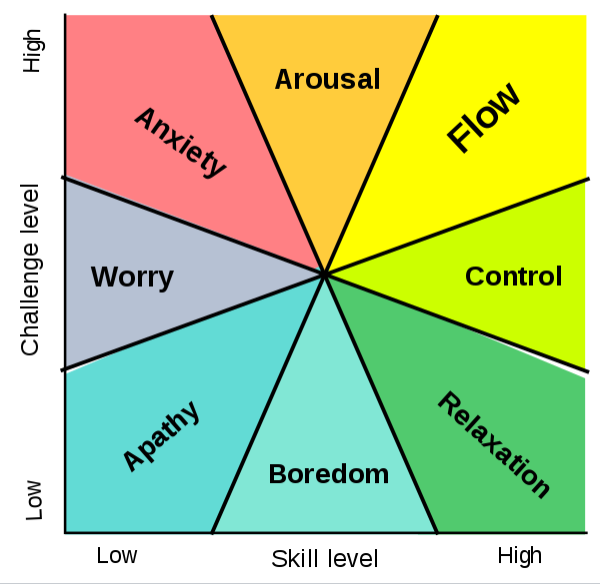Work interruptions can cost you six hours a day according to an article in the Washington Post. Interruptions can be a productivity killer in an era where the physical workplace setup tends increasingly toward open concept designs meant to maximize collaboration. But interruptions don’t only happen in physical workplaces – they also happen in the virtual world.
The problem is that many people need intensely focused time to do their deep-thinking work, and that focus suffers because of interruptions. Once interrupted, instead of doing the hard work of re-focusing and getting back into our deep work, we typically turn to easier, seemingly-productive work, like checking emails. When this happens, we have not only lost our focus and momentum on our important deep work, but we have also allowed e-mails from other people to set our priorities for the day.
Some teams and individuals have reduced their interruptions by 80% or more, while also finding more constructive time together with their peers.
On the upside, working with intense focus creates a state of enhanced cognition. This state was first described by the psychologist Mihaly Csikszentmihalyi as the psychological phenomenon of “flow”.
In this mental state, people lose their perception of time, and are at their peak creativity and analytical ability and productivity.
In an attempt to create a state of flow, many people post a “Please do not interrupt” sign at their workstation. But this happens too late – potential interrupters hover nearby hoping for you to look up – and when you do, they swoop in and interrupt you anyway!
We have worked with teams who have reduced their interruptions by 80-90% by first helping them to identify the root causes of interruptions, and then helping them eliminate or mitigate these causes.
In this content area, we cover:
- The cost of interruptions
- Interruption logs and how to use them to collect data so that we act on evidence instead of perceptions (our perceptions of who interrupts us, how often, and for how long are often wildly incorrect!)
- The root causes of interruptions, including invisible but powerful causes
- Proven strategies to address these causes
- How to implement your Interruption Reduction Plan
- How to measure and track your and your team’s increased productivity
Schulte, B. (June 15, 2015). Retrieved from: https://www.washingtonpost.com/news/inspired-life/wp/2015/06/01/interruptions-at-work-can-cost-you-up-to-6-hours-a-day-heres-how-to-avoid-them/
Csikszentmihalyi, M. Flow: The Psychology of Optimal Experience, 1990, p.31
Csikszentmihalyi, M. (2004, February) Flow, the secret to happiness [Video]. TED. https://www.ted.com/talks/mihaly_csikszentmihalyi_flow_the_secret_to_happiness?utm_source=tedcomshare&utm_medium=social&utm_campaign=tedspread


